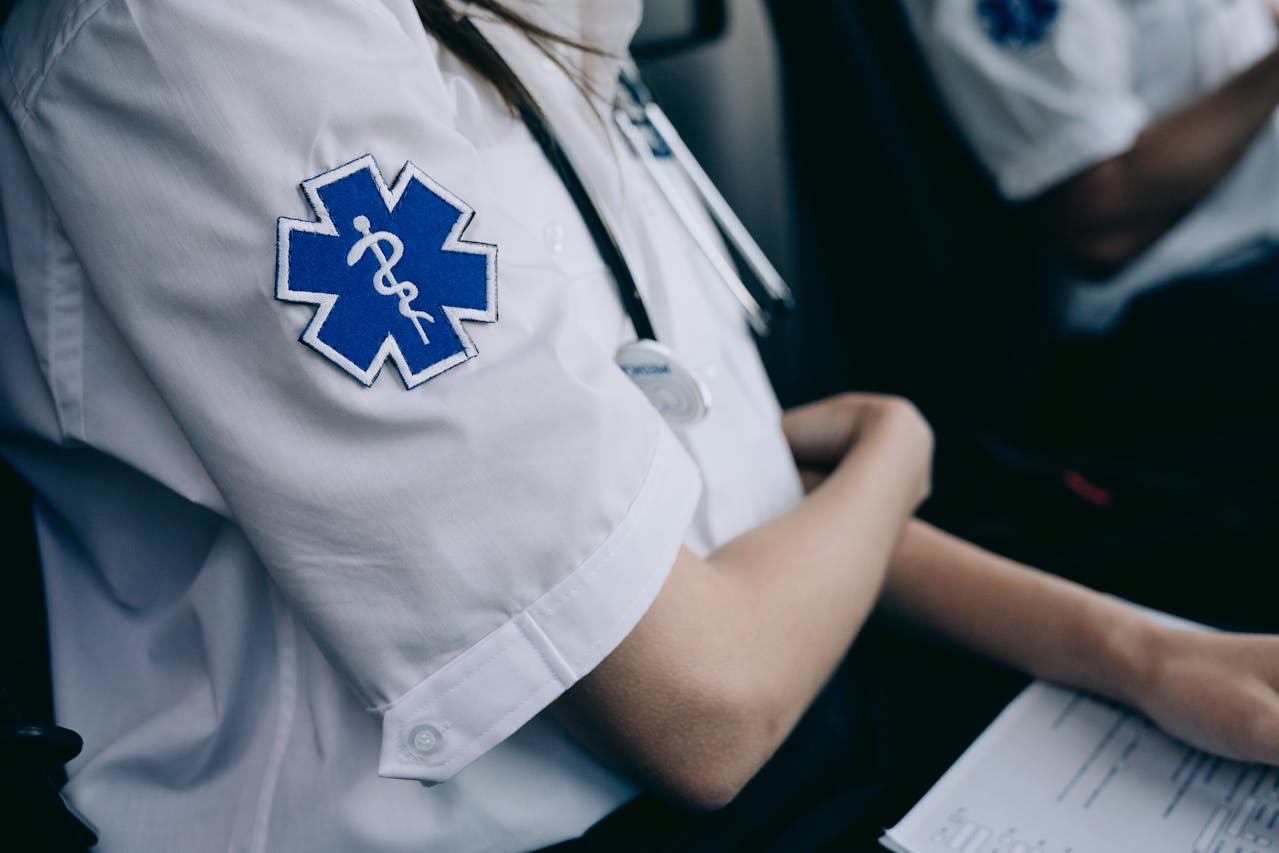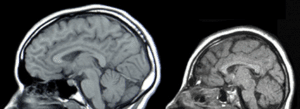Careers, Sponsored Editorial, Your Career
Launch Your Career with a Paramedic Program: What to Expect
Editorial Staff

Becoming a paramedic isn’t just picking a job—it’s stepping into a life where every shift could tip the balance between chaos and calm. It’s for those who thrive under pressure, who want their work to matter when seconds count.
The path to become a paramedic is a deliberate climb, blending grit, smarts, and heart. You’ll learn to navigate emergencies with a cool head and steady hands, turning instinct into impact. In a paramedic program, you’ll master how to stay calm under pressure and turn quick thinking into lifesaving action. It’s not about personal glory, it’s about being the person who steps forward when crisis strikes, equipped and ready to restore order and save lives.
Classroom Foundations
Your journey kicks off with books and lectures—not glamorous, but crucial. Expect to dive into anatomy, physiology, and the nuts and bolts of emergency care. You’ll map the body’s highways—heart, lungs, bones—learning how they break and how to brace them.
Instructors, often ex-medics, toss in real-world tales: a heart attack call gone sideways, a trick to calm a panicked kid. It’s not just memorizing terms; it’s building a mental toolbox—knowing why a pulse races or a breath catches—so you’re ready when the sirens start.
Hands-On Hustle
Theory’s only half the game—skills labs are where you get dirty. Picture strapping splints, starting IVs, or practicing CPR on a dummy that doesn’t complain. You’ll fumble at first—needles slip, bandages sag—but that’s the point. Trainers push you to repeat, refine, repeat again, until your hands move like they’ve done it a thousand times.
It’s not rote; it’s rhythm—learning to tube a mock airway or shock a fake heart so when it’s real, you don’t flinch. These drills are your proving ground, turning green into grit.
Scenario Showdowns
Programs crank up the heat with simulations—staged emergencies that feel unnervingly real. One day, you’re in a mock car crash, triaging a “bleeding” actor; the next, you’re stabilizing a “seizing” mannequin. Instructors throw curveballs—bystanders yelling, radios crackling—to test your cool.
You’ll prioritize—airway, pulse, spine—while shouting clear orders to a team. It’s not just doing; it’s deciding—learning to think fast, trust your gut, and lead when panic’s loud. These rehearsals burn the chaos into muscle memory, so the real call feels like round two.
Ride-Along Reality
Classrooms can’t replicate real-world chaos—ride-alongs close that gap. You’ll shadow medics on real calls, strapped into an ambulance as the city blurs by. Maybe it’s a fall, a stroke, or just a drunk who needs a lift—it’s unpredictable.
You’re not the star yet; you’re watching, maybe passing a bandage or taking a pulse. But it’s raw: the smell of antiseptic, the weight of a stretcher, the patient’s eyes locking yours. It’s not TV; it’s truth—showing you the pulse of the job, from quiet chats to heart-pounding runs.
Emotional Armor
Paramedics don’t just fix bodies—they face fear, grief, sometimes loss. Programs weave in lessons on the mental toll—how to soothe a scared kid or debrief after a rough call. You’ll role-play, maybe talk through a staged death with a counselor, learning to spot stress in yourself or a partner.
It’s not soft; it’s steel—building a shield that lets you care without cracking. Expect group chats where you unpack the heavy stuff, finding words for what hits hard, so you’re ready when the job asks for heart as much as hands.
Credentials and Grit
Nearing the end, you’ll prep for the big test—national or state certification, a gauntlet of written and practical checks. Programs drill you—quizzes on drugs, mock codes, all to lock in what’s learned.
But it’s not just passing; it’s proving you’ve got the chops—dosing meds right, running a scene smooth. Instructors toss in street tips: how to read a crowd, dodge a bad vibe. It’s not a diploma; it’s a badge—earned sweat that says you’re ready to roll, not just recite.
The Long Haul
A paramedic program’s no sprint—it’s a trek, often months of early mornings and late nights. Expect to juggle: maybe a side gig, family, or just your own doubts. It’ll stretch you—mentally, physically, emotionally—but that’s the forge.
You’ll bond with classmates, swapping stories over coffee, building a crew who gets the grind. It’s not a solo act; it’s a squad—pushing each other to the finish, where you’re not just trained but transformed, ready to launch a career that’s as tough as it is true.
SEE ALSO: Instagram-Worthy Graduation Trends That Actually Have Meaning












